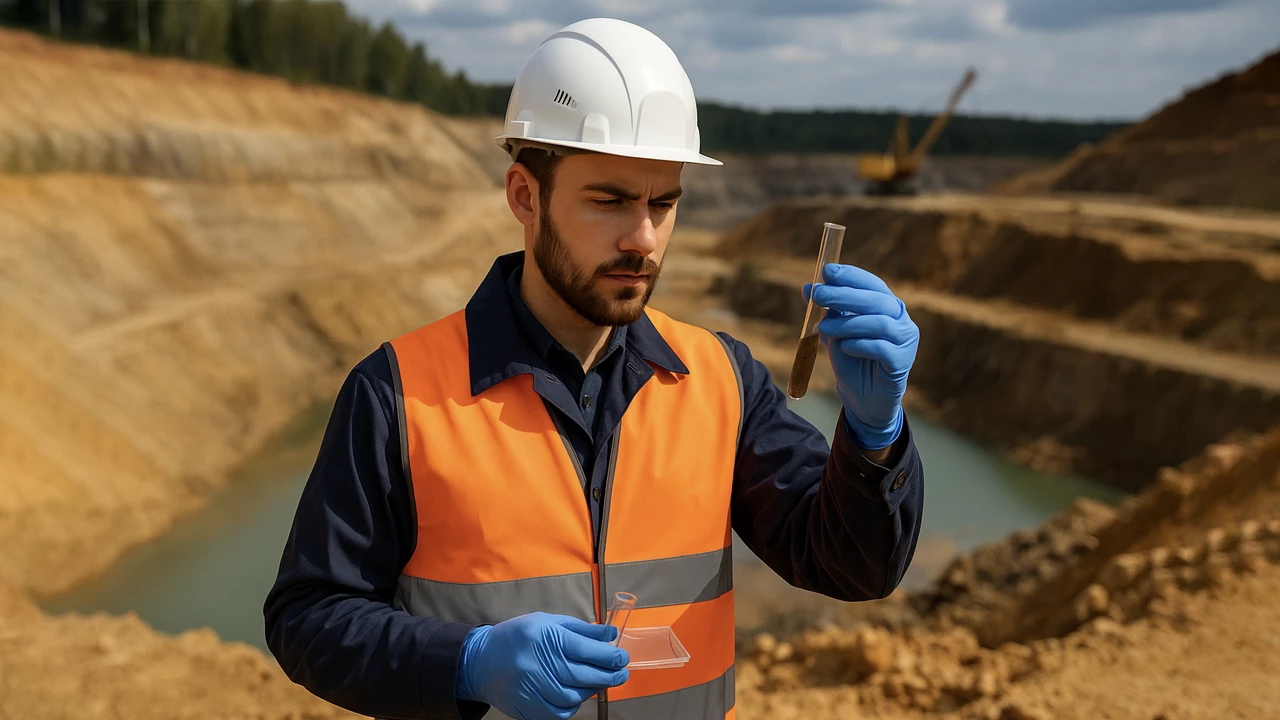- Тест
Профессии
Тесты на выбор профессии
- Тест
- Центр профориентации
- Онлайн
- 349р
Подборки профессий
- Подборка
- Подборка
- Подборка
- Подборка
Профессиональные сферы
- Медицина 156
- IT профессии 103
- Дизайн и прикладное искусство 82
- Менеджмент (управление) 76
- Искусство (музыка, театр, кино, изобразительное искусство) 73
- Инженерное дело 72
- Педагогика и психология 66
- Транспорт, авиация, автобизнес 54
- Маркетинг, реклама и PR 53
- Наука 53
- Экономика 45
- СМИ, издательство, полиграфия 40
- Юриспруденция 29
- Спорт и фитнес 28
- Строительство и архитектура 28
- Сервис и туризм 25
- Торговля 25
- Мода и красота 23
- Кулинария, пищевая промышленность 19
- Лёгкая промышленность 19
- Силовые структуры 18
- Ветеринария, работа с животными 17
- Тяжёлая промышленность 17
- Политика 15
- Геология 14
- Шоу-бизнес 13
- Делопроизводство, секретариат 12
- Логистика, склад, ВЭД 11
- Растениеводство 11
- Лингвистика, коммуникации 10
- Сельское хозяйство 8
- Домашний персонал 6
- Недвижимость 5
- Религия 5
- Экология 5
- Добыча полезных ископаемых 2
Рейтинги профессий
- Профессии для женщин
- Профессии для мужчин
- Профессии с самыми высокими зарплатами в кризис
- Самые востребованные профессии после введения санкций
- Топ-10 престижных профессий для мужчин после 11 класса
- Самые интересные профессии
- Самые популярные профессии в России в 2024 году
- Самые востребованные профессии в мире в 2024 году
- Самые востребованные профессии в России в 2024 году
- Самые высокооплачиваемые профессии в России в 2024 году
- Самые высокооплачиваемые профессии в мире в 2024 году
- Профессии будущего
- Самые престижные профессии России в 2024 году
- Самые низкооплачиваемые профессии
- Самые престижные профессии России и мира
Последние добавленные профессии
- Профессии
- Профессии
- Профессии
- Профессии
- Профессии
- Профессии
- Профессии
- Профессии
- Профессии
- Профессии
Список профессий
Слово «профессия» произошло от латинского «professio», что означает «официальный род деятельности, занятие». Современное определение этого термина более объемно и звучит так: «профессия – это исторически возникшие формы трудовой деятельности, для выполнения которых человек должен обладать определенными знаниями, навыками, способностями, а также профессионально важными качествами».
Наш список профессий постоянно обновляется и растет.
Есть специальный перечень профессий (в нем, к сожалению, нет их описаний) утвержденный Министерством труда России - «Общероссийский классификатор профессий рабочих, должностей служащих и тарифных разрядов» (ОКПДТР). Как правило, жесткая тарифная сетка реально используется только в государственных и бюджетных учреждениях. Частные фирмы и коммерческие организации относятся к несоответствию между образованием, профессией и занимаемой должностью более лояльно.
Консультация по профориентации от ПрофГида поможет вам в этом важном деле не только в качестве информационной поддержки, но укажет направление и расставит ориентиры, соответствующие вашим способностям. Ведь для построения успешной карьеры и достойной жизни в будущем недостаточно определить склонность к той или иной профессии. Психолог поможет вам выбрать профессию, соответствующую вашим талантам, но в разных отраслях – наиболее развитых в настоящем и перспективных в будущем.
Мир профессий невероятно разнообразен и велик. Чтобы не растеряться в этом многообразии, профессии условно разделили на группы: человек-человек, человек-техника, человек-природа, человек—художественный образ.
Мы делаем всё, чтобы вы разобрались в своих желаниях и приобрели необходимую информацию.
ПрофГид даст вам:
- импульс для движения вперед
- возможность узнать новое
- познать себя с новой стороны, удивляться и радоваться этим открытиям.
Дерзайте!






















